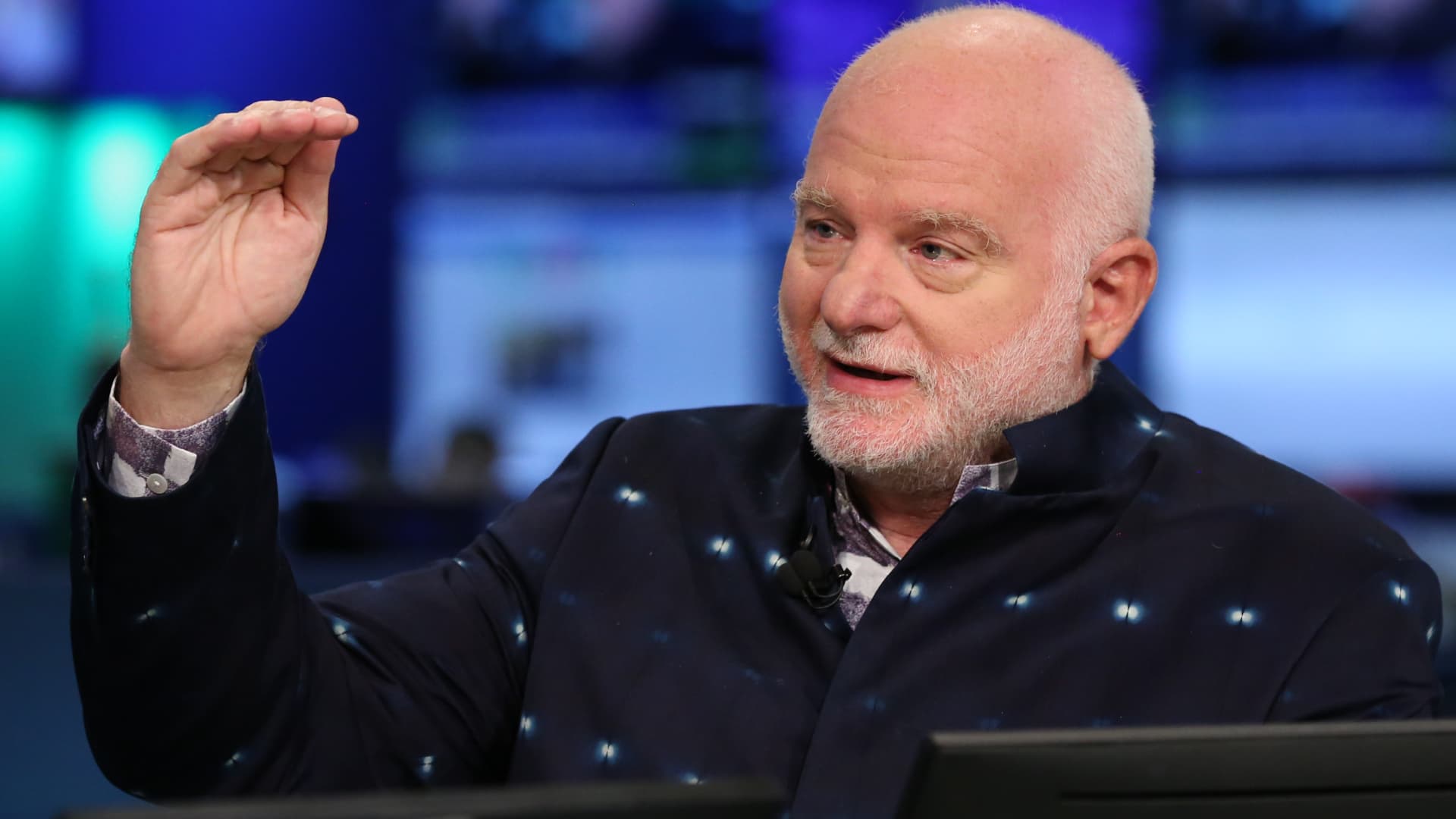Michael Sonnenfeldt, founder, CEO and Chairman, Tiger 21.
Adam Jeffery | CNBC
Hedge funds are “dead” as an investment class for the super rich, said Michael Sonnenfeld, founder and chairman of Tiger 21 — a network of ultra high net worth investors and entrepreneurs.
Tiger 21 members’ allocation to hedge funds dropped to 2% from 12% over the past 16 years, data from the network showed.
“Hedge Funds are dead as a doornail — maintaining a steady position at 2% as members have limited their investment in this sector over the last decades,” Sonnenfeldt said, adding that investors could get a similar exposure with less fees by investing in index funds, or going into private equity.
Currently, private equity takes up the largest allocation of Tiger 21 members’ portfolio at 29%, followed by real estate investments at 27%. Public equity holds around 19%, while cash around 12%. Hedge funds have a 2% allocation.
Tiger 21 has 106 groups in 46 markets. The network has 1,300 members, largely first-generation wealth creators who collectively manage over $150 billion worth of assets. They are also mostly entrepreneurs who have sold their companies and are looking to preserve their wealth.
Members of the group, which was set up in 1999 by Sonnenfeldt, receive and share advice with each other on wealth preservation, investments and philanthropic endeavors.
Our members realized they could do better on average with more exposure to index funds … with more liquidity and less fees, and likely higher returns over the last decade
Michael Sonnenfeldt
Tiger 21 Founder and Chairman
“Hedge funds have been in decline for over a decade. In a low interest rate environment, the fixed fees became less attractive,” Sonnenfeldt told CNBC via email, adding that hedge funds could no longer “deliver exciting returns.”
Hedge funds are actively managed funds with a focus on non-traditional assets and employ risky strategies. Hedge fund returns have been found to rise with higher interest rates.
“Our members realized they could do better on average with more exposure to index funds like the QQQ and SPYs with more liquidity and less fees, and likely higher returns over the last decade,” Sonnenfeldt said.
The Invesco QQQ ETF, an exchange-traded fund that tracks the performance of the Nasdaq-100, rose 55% in 2023. SPY, which stands for the SPDR S&P 500 ETF, gained almost 25% last year.
Global hedge funds returned 13.3% last year, rebounding from -6.8% in 2022, according to data from investment company Preqin.
Between the last quarter of 2014 and the end of 2023, the industry has seen net outflows of more than $217.3 billion, said Charles McGrath, assistant vice president at Preqin’s Research Insights.
“The hedge funds industry has been in a malaise for much of the past decade, with investors continuing to redeem capital from the asset class, offsetting overall positive returns,” he wrote in a recent report.
Preqin highlighted that a growing share of investors think their hedge fund allocations fall short of long-term expectations.

